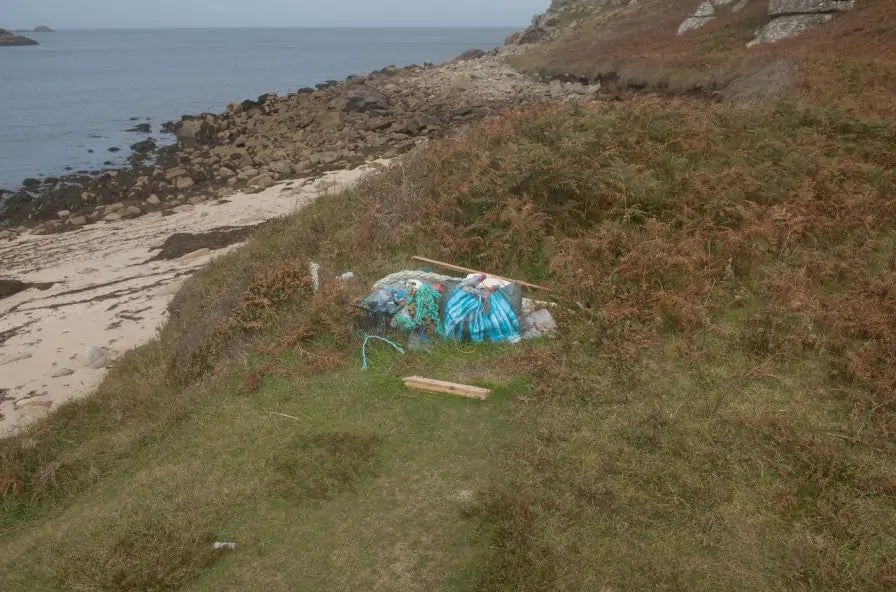Why not add these to compliment your wheelie bins?
Your basket is currently empty.
Shop NowWe guarantee to have the lowest price! Find the same bin for a cheaper price and we will beat it!

Research led by the University of Plymouth has suggested that the public are more likely to blame the global marine litter crisis on retailers, industry, and the government.
The study, published in ‘Marine Pollution Bulletin’, asked more than 1,100 members of the public across Europe about their attitudes to marine litter. Their responses revealed who they believed was to blame for the global litter crisis and that they don’t have a lot of faith in the ability of retailers, industry, or the government to tackle the problem. Many respondents did say that they trusted scientists and environmental groups to come up with the most effective and sustainable solutions.
More than 95% of respondents reported that they had seen litter when they visited the coast and that this concerned them enough that they changed their behaviour to do their bit to tackle the problem. These people said that they were more aware of how marine litter affects wildlife after visiting the coast and were more concerned about the impact of litter than tourism, fishing or shipping.
Respondents also believed that waste being directly released into the sea or being discarded on beaches is the way that litter most often finds its way into the marine environment.
When asked about what they thought were the main contributors to the problem, most people thought that there was too much reliance on plastic packaging, overuse of single-use items, and people failing to dispose of litter correctly.

The findings correlate with the latest Marine Conservation Society Data collected during their beach cleans which showed that ‘on the go’ litter, such as single-use coffee cups, stirrers, plastic lids and cutlery is on the increase. The Marine Conservation have said that marine litter is everyone’s problem, though no one has admitted responsibility for it up until now. They added that a positive thing is that TV programmes like Blue Planet II have raised awareness of the problem so governments and industry can no longer bury their heads in the sand about the issue. Over 30,000 people have signed up to the Marine Conservation Society’s #STOPthePlasticTide campaign, which urges the UK Government to tax single use plastic items such as coffee cups, cutlery, lids and stirrers.
Big companies like Wetherspoon’s and McDonald’s have committed to reducing their use of single-use plastics, but the answer lies in everyone committing to recycling and reusing so that we are no longer a throwaway society.
As for the research, professors at the University of Plymouth say that human behaviour is a huge contributor to the litter crisis and that behaviour change is one of the keys to solving it. The research has shown that there is increased awareness of the litter problem, but there are challenges in convincing some people that they need to be part of the solution. Individuals, governments, industry, and scientists need to work together to come up with long-lasting solutions.